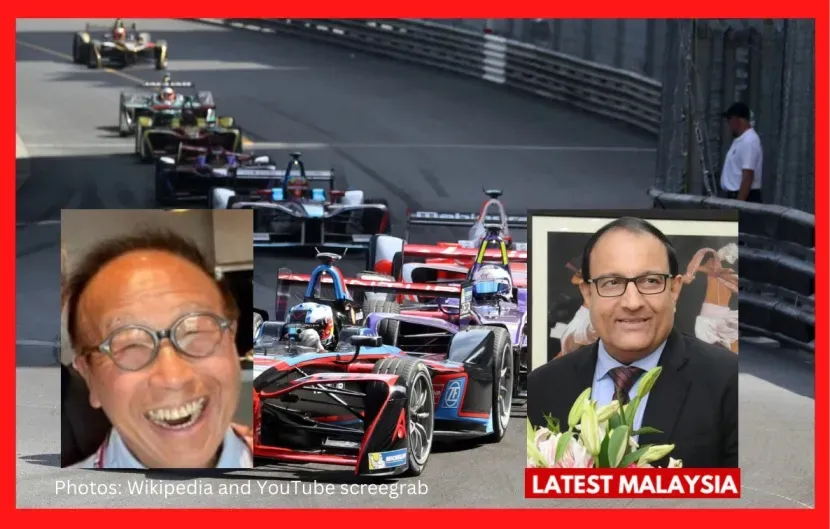Inside the World of Papa-Katsu: Japan's Secretive Sugar Daddy Trend Unveiled
In Japan, there is a social stigma attached to being a sugar baby, similar to the disapproval observed in other countries. These relationships are often perceived as involving prostitution...

The cultural phenomenon known as "papa-katsu" in Japan involves younger individuals forming connections with older, financially well-off individuals, commonly referred to as sugar daddies or sugar granddaddies.
This practice has gained traction in Japan, particularly due to the economic challenges resulting from the COVID-19 crisis, with some women relying on these relationships to meet their financial needs.
It is important to note that the concept of sugar daddy relationships is not exclusive to Japan and can be observed in various parts of the world. Sugar dating entails a transactional dynamic, where an older and wealthier person (sugar daddy or sugar momma) provides companionship, financial support, or other material benefits to a younger individual (sugar baby).

Papa-Katsu or Sugar Daddy
Regarding the Japanese perspective on sugar daddy relationships, it is believed that young women may maintain multiple relationships with different sugar daddies simultaneously, which differs from the Western perception where a sugar daddy usually supports only one woman.
It is worth mentioning that while some sugar daddy relationships may involve paid sexual encounters, others may be strictly platonic friendships. However, certain cases have associated the "sugar daddy" phenomenon with a higher prevalence of HIV infection among teenage girls.
In Japan, there is a social stigma attached to being a sugar baby, similar to the disapproval observed in other countries. These relationships are often perceived as involving prostitution, leading some individuals to view sugar daddy relationships as morally questionable or exploitative.

Visit World Future for more foreign news and regional Asean stories
On the other hand, some argue that these relationships offer financial support and serve as a practical solution for young women facing economic hardships.
Proponents of sugar daddy relationships argue that it empowers young women to take charge of their lives and make choices that benefit them financially. They see it as a means for women to invest in themselves and secure their future.
However, critics claim that sugar daddy relationships perpetuate gender inequalities and reinforce harmful power dynamics. They regard it as a form of exploitation where older, wealthier individuals take advantage of younger, financially vulnerable individuals.
Sugar daddy relationships
In response to criticism, individuals engaged in sugar daddy relationships argue that those who condemn them are either envious or lack the courage to pursue such arrangements themselves. They firmly believe that as long as both parties are consenting and benefiting from the arrangement, it is not anyone else's place to judge.
The practice of cultivating sugar daddy and sugar granddaddy relationships, known as "papa-katsu" in Japan, has gained prominence as a result of economic hardships.
These relationships involve a transactional nature, with younger individuals receiving financial support, companionship, or mentorship from older, wealthier individuals.
The perception of sugar daddy relationships in Japanese society varies, encompassing both stigma and empowerment. While some view it as a means of exploitation, others see it as a practical solution in challenging times.
Ultimately, opinions on these relationships diverge, with critics emphasizing gender inequalities and proponents highlighting personal empowerment and choice.

